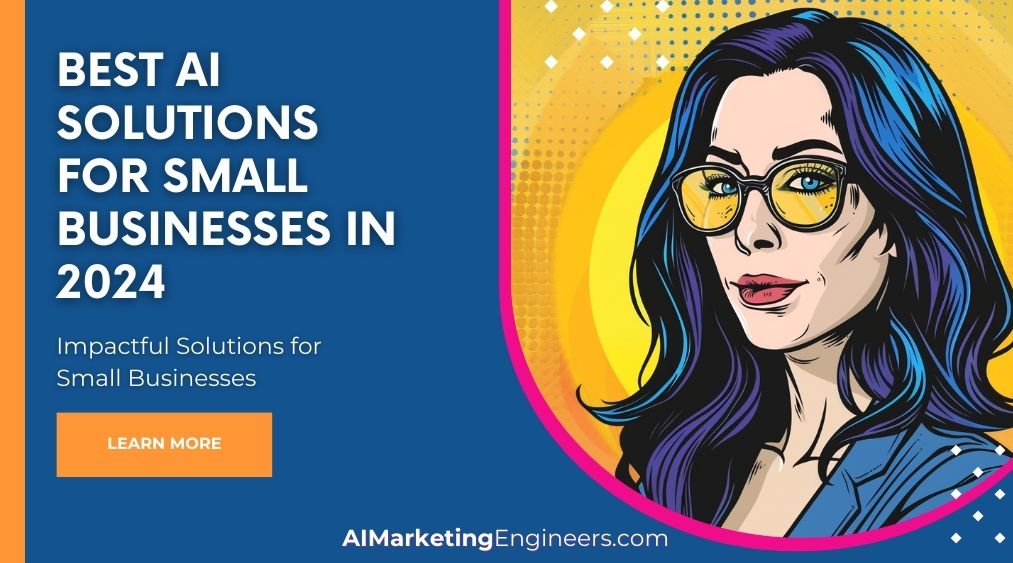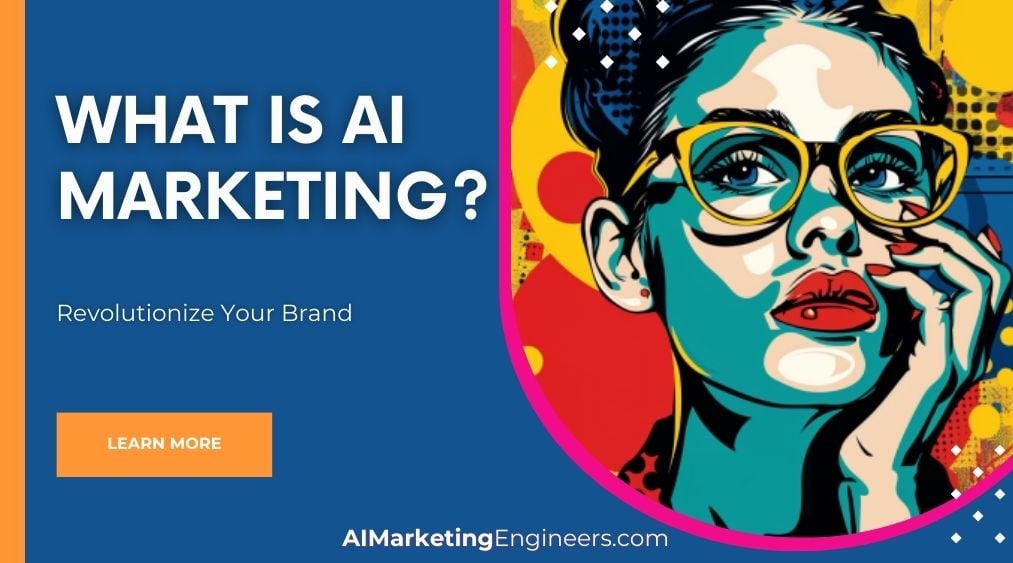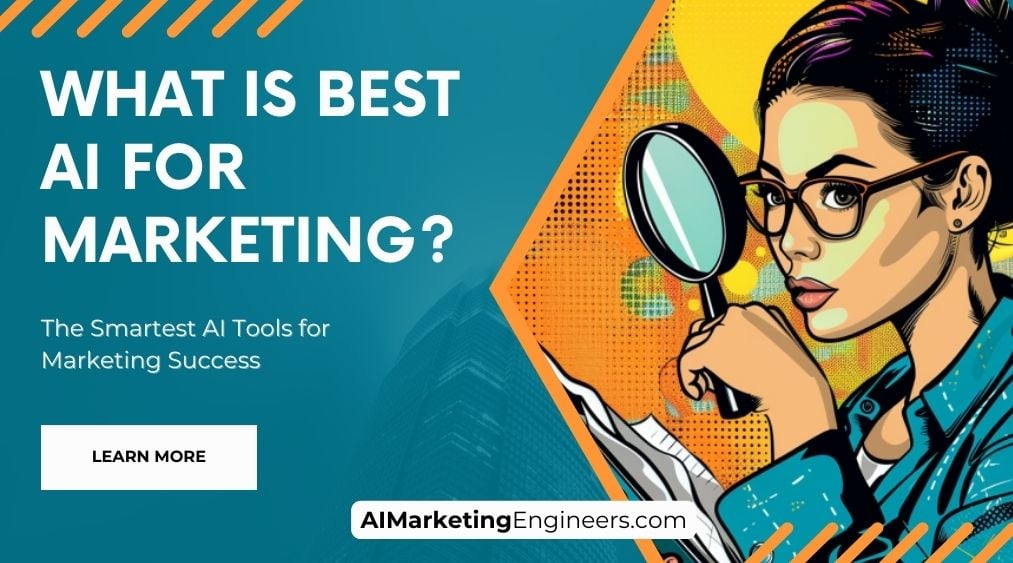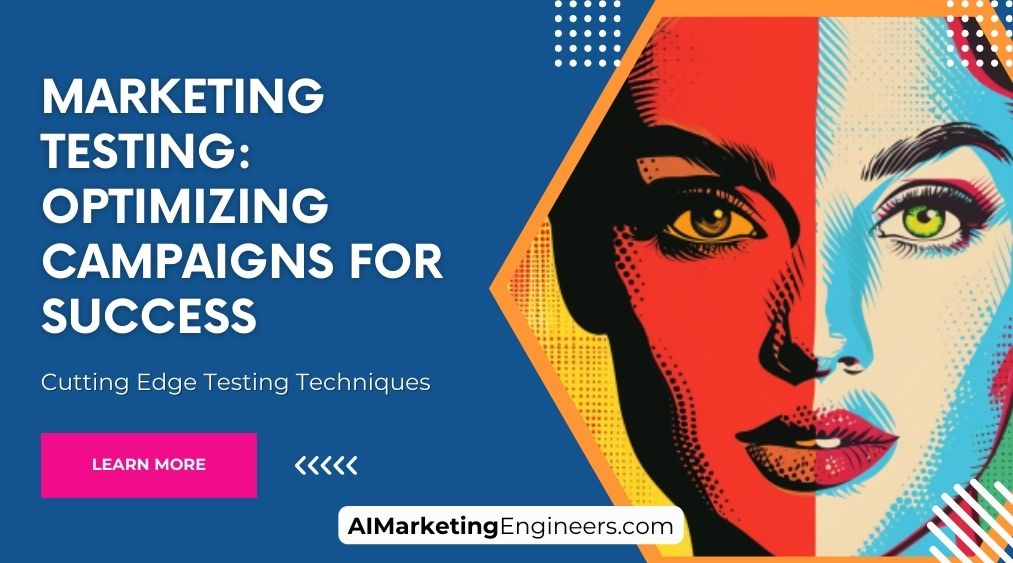Key Takeaways
✅ A strategic approach to digital marketing is essential for modern businesses, integrating diverse services tailored to specific goals and target audiences.
✅ Organic and paid strategies can complement one another to produce a comprehensive digital presence that caters to both immediate and long-term marketing objectives.
✅ The multifaceted nature of digital marketing—from SEO and PPC to email and content marketing—requires a synergistic and holistic approach to maximize impact.
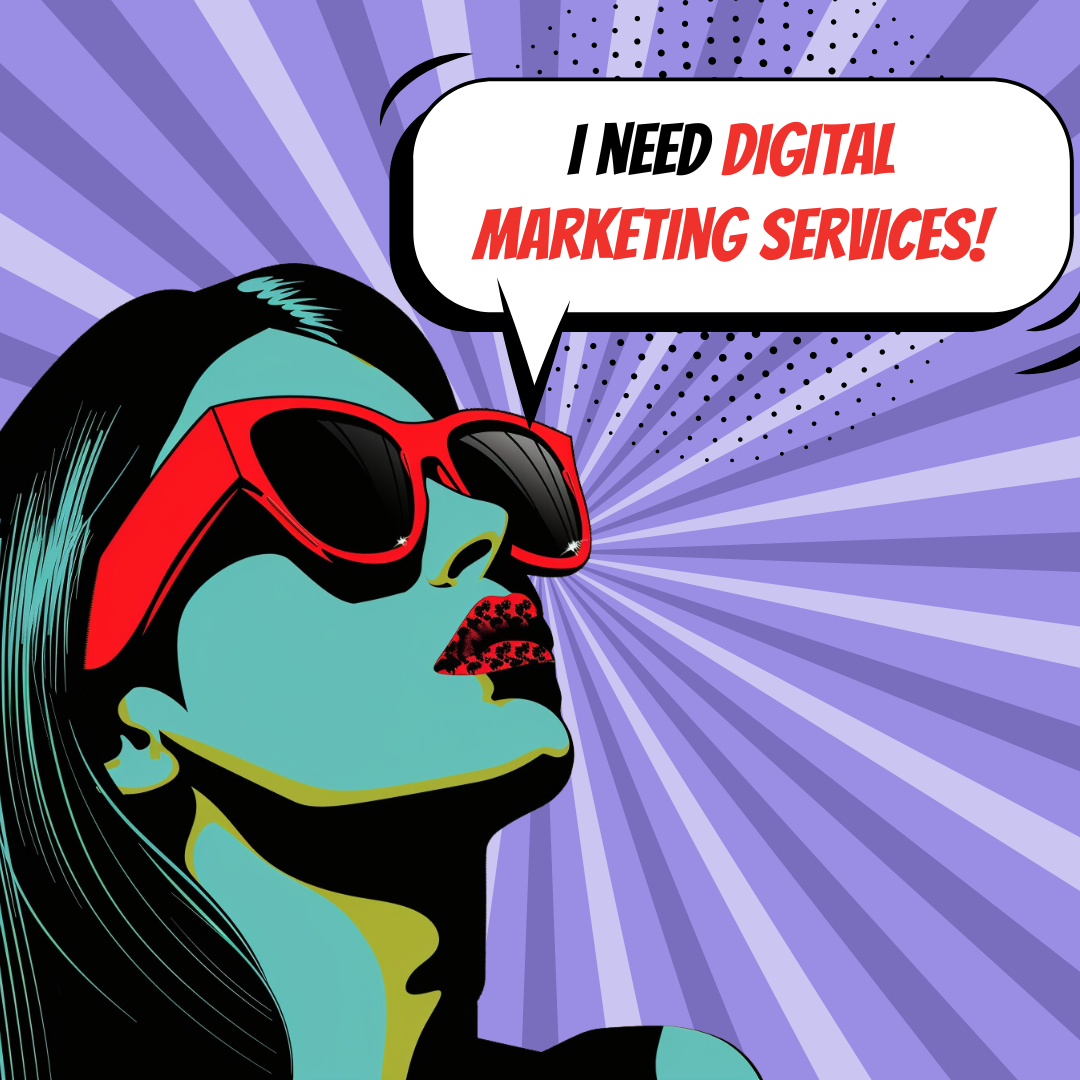
Introduction: Navigating the Digital Marketing Landscape
In the ever-evolving digital world, businesses striving to thrive must harness the power of online marketing. Digital marketing isn't just a single pathway; it's a sprawling network of roads that guide potential customers to your virtual doorstep. From finessing your website's position on search engines to sparking dynamic conversations on social media, effective digital marketing is a rich tapestry of strategies woven together to elevate your brand's online presence.
With a myriad of services such as Search Engine Optimization (SEO), Pay-Per-Click (PPC) advertising, social media engagement, the precision of email marketing, the artistry of content creation, the influence of thought leaders, and the necessity of reputation management, your business can connect with audiences in unprecedented ways.
In this article, we're on a mission to demystify these services, presenting a clear-cut guide to each significant digital marketing avenue that can contribute to your business's success story. Join us as we embark on this digital journey, exploring the essential services that could revolutionize your marketing mix and propel your brand to new heights.

Search Engine Optimization (SEO)
Overview:
SEO is essential in ensuring that your website ranks highly for relevant queries in search engine results, thereby increasing the likelihood of capturing organic traffic.
Key Factors in SEO:
- Relevant and high-quality content
- User-friendly website architecture
- Optimized meta tags and descriptions
- Mobile optimization and fast loading speeds
- High-quality backlinks from authoritative sites
Relevant Statistics:
- A report by eMarketer predicts that digital marketing spend in the US will reach $155 billion in 2022, highlighting the importance of SEO in a competitive digital landscape.
 Pay-Per-Click (PPC) Advertising
Pay-Per-Click (PPC) Advertising
Overview:
PPC is a fast-track approach to visibility where you appear in the coveted ad sections of SERPs and you pay for each user's click, offering instant results.
Benefits of PPC:
- Instant traffic generation
- Precise targeting options
- Budget control
- Easy performance tracking
- High return on investment potential
Relevant Statistics:
- The growth predictions for the digital marketing industry suggest a bright future for PPC as part of a diversified marketing strategy.

Social Media Marketing
Overview:
Engage and expand your audience through strategic presence on various social media platforms where you can create community, foster engagement, and boost your brand’s social presence.
Strategies in Social Media Marketing:
- Regular and engaging posts
- Social media advertising
- Influencer collaborations
- Community management and engagement
- Social listening for brand mentions and feedback
Relevant Statistics:
- With 28% of users checking social media more frequently since the pandemic, social media marketing is increasingly crucial.
- Digital marketing's predicted 2022 spend signifies social media's integral role within the overarching strategy.
Email Marketing
Overview:
Use personalized and targeted email campaigns to reach out to your audience with offers, content, and information, nurturing leads through the buyer's journey.
Components of Successful Email Marketing:
- Personalized content
- Segmented audience lists
- Clear calls-to-action (CTAs)
- Mobile-friendly email design
- A/B testing and performance analytics
Relevant Statistics:
- The steady growth in digital marketing services underscores the continuing relevance of email marketing, despite being one of the oldest online channels.

Content Marketing
Overview:
Create valuable content tailored for your audience, disseminate it across multiple channels, and position your brand as an industry leader to drive engagement, leads, and sales.
Types of Content Marketing:
- Blogging
- Video marketing
- Infographics and visual content
- eBooks and whitepapers
- Webinars and podcasts
Relevant Statistics:
- The heightened use of social media enhances content marketing’s role in reaching audiences, with a sizable budget indicating the content's strategic importance.
Influencer Marketing
Overview:
Partner with influencers who have a significant following in your niche to widen your reach, add authenticity, and tap into their engaged audiences.
Key Aspects of Influencer Marketing:
- Influencer vetting and selection
- Content collaboration and co-creation
- Campaign management and tracking
- Compliance with disclosure guidelines
- Measuring ROI and influencer performance
Relevant Statistics:
- The growing industry indicates the potential for influencer marketing to command a piece of digital marketing budgets.

Online Reputation Management (ORM)
Overview:
Keep tabs on your online reputation by actively managing and responding to customer reviews, social mentions, and feedback, ensuring a positive brand perception.
ORM Tactics:
- Monitoring brand mentions across platforms
- Addressing negative reviews constructively
- Encouraging positive reviews and user-generated content
- Managing PR crises promptly and effectively
- Maintaining consistent brand messaging
Relevant Statistics:
- The increase in the frequency of social media usage highlights the need for vigilant ORM, as consumers often turn to social platforms for brand reviews and feedback.
- The considerable projection of digital marketing spend also highlights the significance of managing online reputations within the digital strategy.
AI Marketing Engineers Recommendation
Today, in a marketplace dominated by digital presence and engagement, having a robust digital marketing strategy is essential for any business looking to grow and succeed. From a detailed analysis of current industry data and trends, here are some key digital marketing services recommendations:

1. Search Engine Optimization (SEO): SEO is critical for improving visibility and organic search rankings. As of [current year], a study by BrightEdge suggested that organic search drives 53.3% of all website traffic. With proper optimization, businesses can attract more targeted traffic, which may lead to higher conversion rates.
2. Content Marketing: Quality content is the cornerstone of engagement and brand building. Content marketing costs 62% less than traditional marketing and generates about 3 times as many leads, according to DemandMetric. Tailored content that addresses the needs and interests of your target audience can foster loyalty and drive customer action.

4. Pay-Per-Click Advertising (PPC): PPC campaigns can offer immediate results and are highly measurable. Moreover, Google Ads claims that businesses make an average of $2 in income for every $1 they spend in Google Ads. The key here is to focus on high-intent keywords and use data analytics to continually optimize campaigns for better performance.
5. Email Marketing: Despite the rise in new communication platforms, email continues to be an effective tool for reaching potential and existing customers with a reported ROI of $36 for every $1 spent (DMA, 2021). Segmenting email lists and creating personalized content increases open rates and engagements.
6. Analytics and Data Analysis: Every digital marketing service must be paired with data analysis to evaluate performance. Using analytics tools, marketers can track ROI, customer behavior, and conversion rates to inform strategy. Platforms like Google Analytics offer comprehensive insights into website performance and user interactions.

7. Marketing Automation: As technology evolves, so does the ability to automate repetitive tasks. Marketing automation can increase operational efficiency and personalize customer interactions. Automated email campaigns, for example, can be triggered by specific customer actions, ensuring timely and relevant communication.
8. Video Marketing: As of the latest statistics, viewers retain 95% of a message when they see it in a video, compared to 10% when reading it in text. Platforms like YouTube and TikTok are highly engaging mediums for storytelling and demonstrating products or services.
9. Influence Marketing: Partnering with influencers can tap into their engaged followers and lend credibility to your brand. Influencer marketing campaigns yield an average earned media value of $5.78 for every dollar spent, as indicated by Influencer Marketing Hub.
10. Artificial Intelligence and Machine Learning: Implement AI for predictive analysis, customer segmentation, and personalization. AI can help identify patterns in data that can predict future buying behaviors, and machine learning algorithms can create highly personalized user experiences.
Conclusion
Choosing the right mix of digital marketing services is critical to your business's success. The trends mentioned are based on a detailed study of market data but should always be tailored to fit your business model, goals, and target audience. Track performance metrics regularly and adjust your strategy to stay ahead of the competition. Embrace innovation and strive for continuous improvement in your marketing efforts. By employing these services and keeping an eye on the analytics, AI Marketing Engineers can help you achieve measurable results and grow your business effectively.
In the era of the digital revolution, embracing a strategic mix of digital marketing services stands as a pivotal component for business success. This article has delved into the core services that form the backbone of digital marketing, each serving a distinct purpose and offering unique benefits.
Search Engine Optimization (SEO) empowers businesses to enhance their online presence and achieve higher rankings in search results. This foundational aspect of digital marketing is the keystone for driving organic traffic and building long-term brand credibility.
Pay-Per-Click (PPC) Advertising provides a dynamic and measurable approach to marketing, allowing businesses to gain immediate visibility and attract prospects through well-targeted ad placements. Its cost-effective nature ensures that businesses pay only for actual engagement with potential customers.
In harnessing these diverse yet interconnected digital marketing services, businesses can effectively chart a course toward elevated brand awareness, increased customer engagement, and ultimately, substantial growth in their respective markets.
The key lies in identifying the right mix of services according to the unique contours of each business and meticulously measuring the results to refine strategies continually. Digital marketing is not a one-size-fits-all solution; it's a mosaic of tactics that, when assembled properly, can produce a masterpiece of marketing success.
FAQs
Question 1: Can you handle e-commerce digital marketing?
Answer: Yes, we specialize in e-commerce digital marketing, employing strategies tailored to boosting online sales through targeted campaigns, optimizing product listings, leveraging social media channels, and implementing email marketing sequences designed for e-commerce platforms.
Question 2: How do you stay up-to-date with the latest digital marketing trends?
Answer: Our team stays informed through continuous education, attending industry conferences, participating in webinars, following thought leaders in the field, and subscribing to reputable digital marketing publications and news sources.
Question 3: What are some social media marketing strategies to increase engagement?
Answer: Effective social media marketing strategies for increasing engagement include creating high-quality, shareable content, hosting contests and giveaways, interacting with followers through comments and direct messages, using relevant hashtags, and leveraging user-generated content.
Question 4: What is content marketing and how does it benefit my business?
Answer: Content marketing is a strategy that focuses on creating and distributing valuable, relevant, and consistent content to attract and retain a clearly-defined audience. It builds brand authority, educates potential customers, supports other marketing efforts like SEO, and drives customer action.
Question 5: What types of analytics do you use to track digital marketing performance?
Answer: We utilize analytics tools such as Google Analytics, social media analytics, heat mapping software, customer relationship management (CRM) systems, and key performance indicators (KPIs) like customer acquisition cost, lifetime value, and engagement rates to monitor digital marketing performance.
Question 6: How does influencer marketing work within a digital marketing strategy?
Answer: Influencer marketing involves partnering with individuals who have a significant online following to promote your products or services. It works within a digital marketing strategy by enhancing brand visibility, trust, and authority through the credibility of influencers in a specific niche.
Question 7: What are the key elements of a successful email marketing campaign?
Answer: The key elements of a successful email marketing campaign include a compelling subject line, personalized content, clear and engaging copy, a strong call to action, mobile responsiveness, segmentation of the email list, and consistent testing and optimization.
Question 8: How does video marketing fit into a digital marketing strategy?
Answer: Video marketing is an integral part of a digital marketing strategy as it increases engagement, improves SEO ranking with video content, enhances brand messaging, and caters to mobile users' preferences for visual and audio content, leading to better conversion rates.



